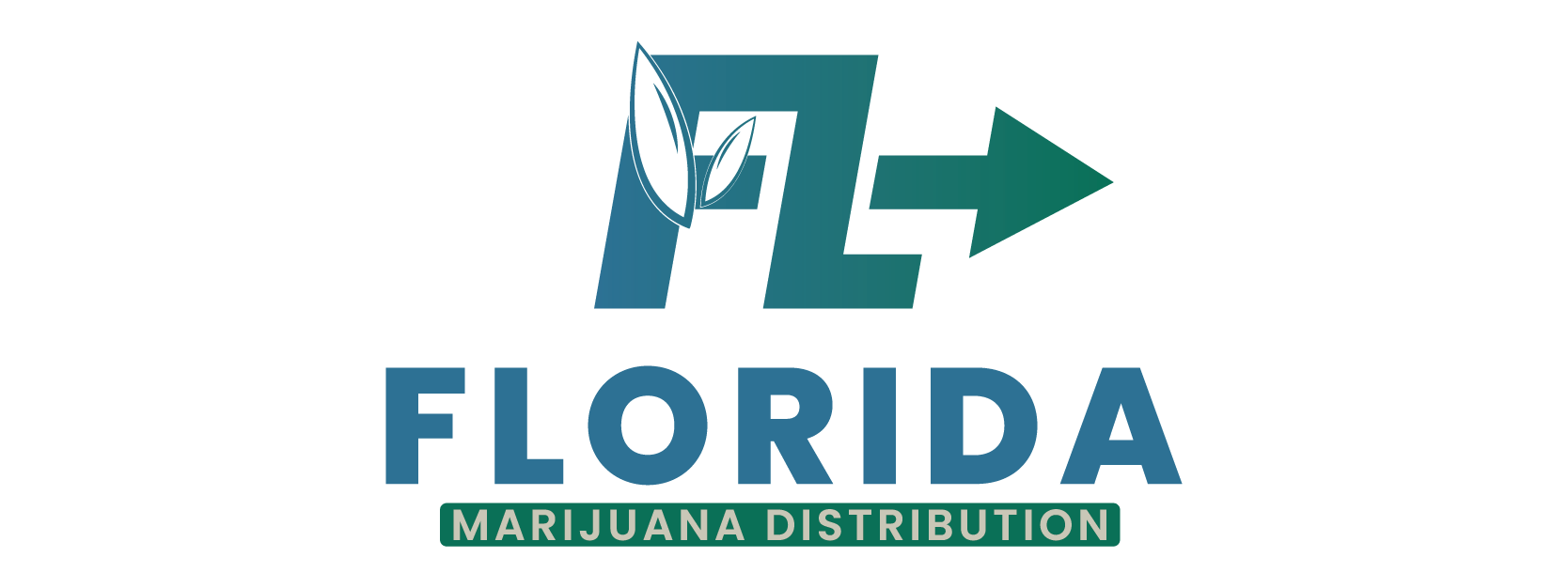Florida’s evolving medical and potential recreational cannabis landscape is increasingly being shaped not only by politicians but by well-organized advocacy groups. These groups—ranging from patient-advocacy coalitions to major cannabis industry players—have been instrumental in driving both legislative efforts and judicial challenges that directly influence distribution laws. Through lobbying, ballot measures, and litigation, they are reshaping how cannabis is accessed and regulated in the state.
Advocacy organizations first made a big impact during the passage of Amendment 2 in 2016, which legalized medical cannabis with 72 percent voter approval. Patient-focused groups like United for Care pushed for broad access to qualifying conditions such as chronic pain, glaucoma, and PTSD. However, implementation controversies soon followed, as critics accused regulators of granting licenses to politically connected companies, creating a cartel-like structure that inflated prices and limited patient access.
In response, consumer advocates and minority-business organizations challenged the bottleneck, fighting to diversify licensees and expand dispensary access. Though Florida does not have a statewide social-equity program, the Minority Cannabis Business Association notes that one license was reserved for a Black farmer under Pigford settlement rules and licensees must report on minority and veteran representation. Still, disparities remain: license caps and vertical integration have sparked litigation, including a landmark 2019 appellate decision that struck down constitutional aspects of the regime.
On the recreational side, advocacy efforts have gained prominence with the rise of Smart & Safe Florida—a coalition largely bankrolled by medical cannabis giant Trulieve, which donated over $92 million to support Amendment 3 in 2024. Smart & Safe also filed legal challenges against HB 1205, a bill passed in 2025 aiming to make it more difficult to place citizen-led initiatives on the ballot—calling the restrictions “draconian.” Their efforts demonstrate how industry advocacy is reshaping the political terrain around distribution access and control.
Despite these financial and strategic moves, Amendment 3 failed to reach the 60 percent supermajority—passing with just 56 percent—on November 5, 2024. Nevertheless, advocates argue the campaign built momentum. Smart & Safe pledges to push further reforms in 2026, including provisions for adult-use licenses and home cultivation rights.
Meanwhile, anti-legalization groups such as Smart Approaches to Marijuana (SAM) and major law-enforcement associations have also mobilized. In one high-profile campaign, Florida law-enforcement groups publicly opposed recreational initiatives, citing concerns about crime and public health. These organizations have successfully lobbied the Legislature to tighten distribution controls and elevate the regulatory barriers.
As federal momentum builds—evidenced by new groups like the U.S. Cannabis Roundtable—and state-level opposition mounts, Florida stands at a crossroads. The tug of war between patient advocates seeking more equitable access and anti-legalization voices advocating caution is playing out through legislation, courtrooms, campaign finance, and grassroots mobilizing.
The result is a cannabis policy landscape in Florida that is increasingly influenced by advocacy infrastructure—often tipping the balance in favor or against distribution reforms. With a divided electorate and high-stakes lawsuits, Florida’s cannabis laws are being sculpted not only in Tallahassee, but in strategy rooms, court filings, and political war chests.
